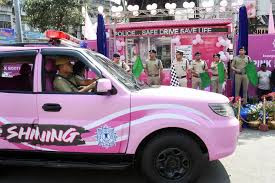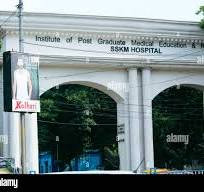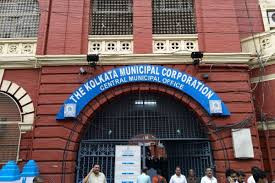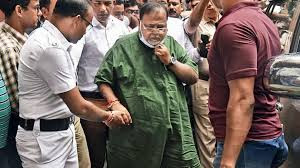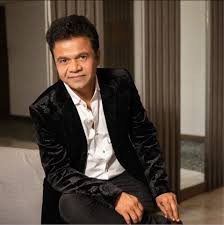Kolkata's Historic Widow Remarriage House Awaits Heritage Recognition
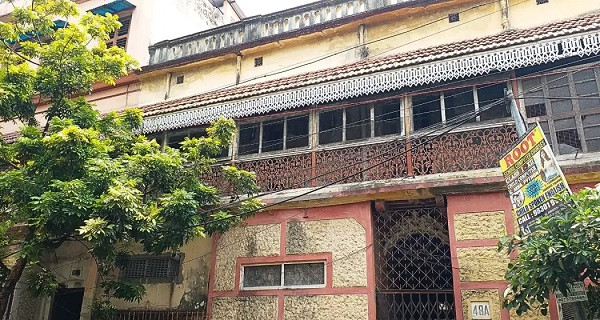
IIE Digital Desk : In the heart of North Kolkata, at 48 Kailash Bose Street, stands a modest building that once bore witness to a transformative moment in India's social history. On December 7, 1856, this house hosted the country's first legal widow remarriage, orchestrated by the eminent reformer Ishwar Chandra Vidyasagar. Despite its profound significance, the building remains unrecognized as a heritage site, awaiting formal acknowledgment from the Kolkata Municipal Corporation (KMC).
The mid-19th century was a period of rigid societal norms, particularly concerning the status of widows. Widowhood was synonymous with a life of austerity and social ostracism. Challenging these entrenched customs, Vidyasagar championed the cause of widow remarriage, culminating in the enactment of the Hindu Widows' Remarriage Act on July 16, 1856. This legislation legalized the remarriage of Hindu widows, a radical shift in societal norms of the time.
The first application of this law was realized at what was then 12 Sukesh Street (now 48 Kailash Bose Street), where a young widow, Kalimati Devi, was remarried to Srischandra Vidyaratna. This event, held under strict police protection due to opposition from conservative factions, marked a significant step towards social reform and the upliftment of women's rights in India.
Today, the building stands in a state of neglect, its walls bearing the weight of history yet showing signs of decay. The KMC has identified it for heritage listing; however, bureaucratic delays have stalled the process. The absence of finalized heritage property rules has impeded the formal recognition of several historically significant buildings in Kolkata, including this pivotal site .
Advocacy groups like the Indian National Trust for Art and Cultural Heritage (INTACH) and Calcutta Architectural Legacies (CAL) have been vocal in urging the KMC to expedite the formulation of heritage property rules. They emphasize the importance of preserving sites that are tangible connections to the nation's reformist past and serve as educational touchstones for future generations.
Balancing modernization with the preservation of its historical identity becomes imperative. Recognizing and safeguarding sites like the widow remarriage house is crucial in honoring the legacy of reformers like Vidyasagar and ensuring that the narratives of social progress remain integral to the city's fabric.
You might also like!




